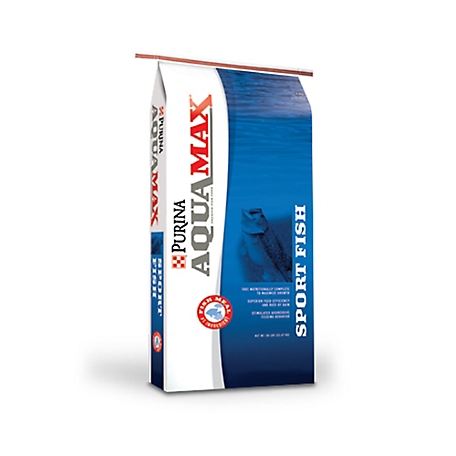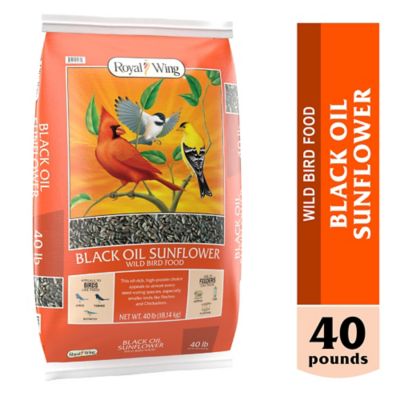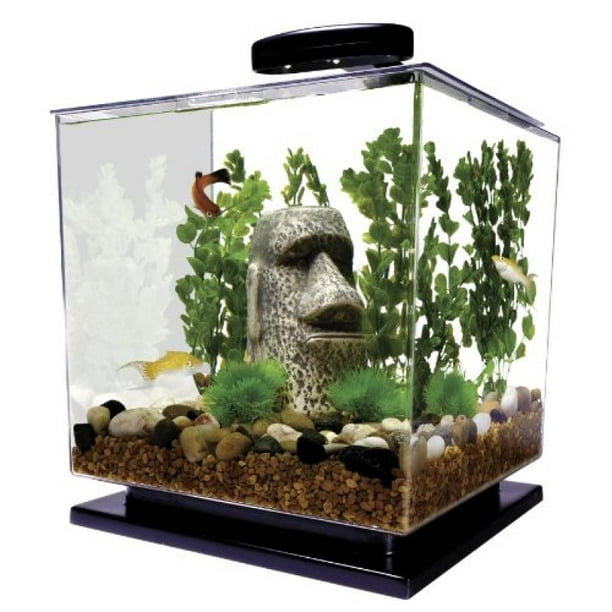Purina AquaMax Sport Fish 500 Fish Feed Pellets, 50 lb. Bag
100% nutritionally complete and was developed by professional nutritionists with the help of fish experts. Formulated as an easily-digestible, high-energy, nutrient-dense diet with excellent conversion rates, Sport Fish 500 has high feed efficiency and rate of gain and is designed to stimulate aggressive feeding behavior. AquaMax Sport Fish 500 is a floating product in a in a 3/16 in. extruded pellet.
Description
100% nutritionally complete and was developed by professional nutritionists with the help of fish experts. Formulated as an easily-digestible, high-energy, nutrient-dense diet with excellent conversion rates, Sport Fish 500 has high feed efficiency and rate of gain and is designed to stimulate aggressive feeding behavior. AquaMax Sport Fish 500 is a floating product in a in a 3/16 in. extruded pellet.
- 100% nutritionally complete – Complete, balanced diet for optimum growth
- 3/16 particle size – Appropriately sized for grower fish of several species
- 41% PROTEIN, 12% FAT – Excellent grower diet for carnivorous fish
- Few feed fines – Little waste and optimal feed conversion
- FishMeal #1 ingredient – Highly palatable, superb attractant, designed to maximize digestibility for carnivorous fish
- Floating diet – Easy to manage, prevents overfeeding to help maintain water quality
- High digestibility – Significant nutrient absorption designed to produce clean water and big fish
- Highly palatable – Helps to ensure proper consumption
Specification
Additional information
| Fish Type | Hybrid Striped Bass, Blue Gill, Trout |
|---|---|
| Food Product Form | Extruded |
| Packaged Height | 35 in. |
| Packaged Length | 35 in. |
| Packaged Weight | 50 lb. |
| Packaged Width | 18 in. |
| Manufacturer Part Number | 45303 |










by David
This is the BEST fish food. Unless the first or second main ingredient is t fish meal, it’s junk and fish won’t like it. I’ve bought cheaper fish food that fish wouldn’t begin to eat. The Aquamax had huge amounts of fish trained to eat in days. Do your research and read the label on what you buy.
by John
If they would call when the product you ordered gets to the store.
by William
Only fish food we use. Fish take to it and because of the high quality, we don’t have to feed as much for gains.
by Deanna
Fish wait for feeder to go off!